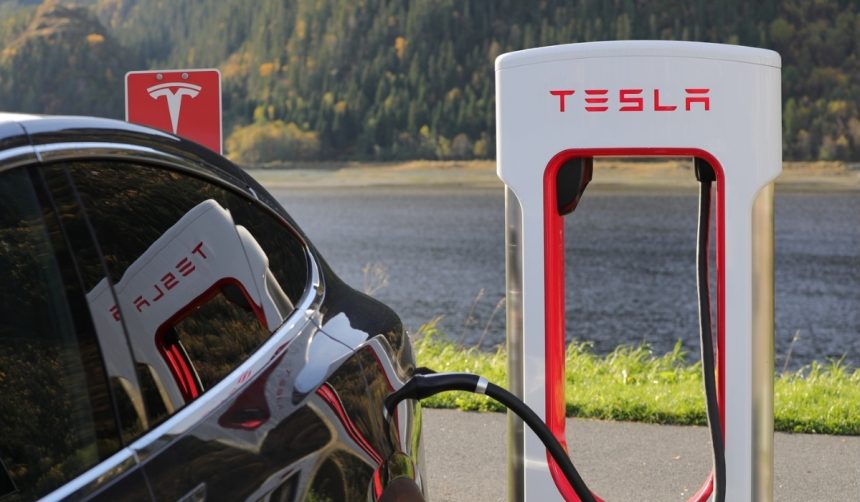Tesla is extending a strategic offer to Lyft drivers, granting $1,000 in vehicle credits to those who purchase any Tesla model for ride-hailing purposes. Through this promotion, Tesla aims to not only enhance its presence in the electric vehicle market but also encourage interaction with ride-hailing sectors, which are gradually shifting toward autonomous technologies. Drivers must complete 100 trips with their new Tesla by July 2025 to qualify for this credit, ensuring the vehicles are actively used in the industry.
Tesla has previously initiated various promotions to align with market trends and maintain its competitive edge. Historically, the company reduced prices significantly to clear out inventory, especially evident with the legacy Model Y units. This tactic differed from the current campaign, suggesting a targeted encouragement strategy towards specific customer segments like ride-hailers. With collaborations in driverless technology advancing, Tesla remains responsive to both immediate and future market demands.
How Does Tesla’s Offer Work?
While Tesla’s offer is not immediate at the point of sale, it requires Lyft drivers to demonstrate their commitment by completing at least 100 trips with a Tesla vehicle before a mid-2025 deadline. The vehicles eligible include the Model S, Model 3, Model X, Model Y, and the Cybertruck, allowing for diversity in models to suit different business needs.
Why is Lyft Targeted by Tesla?
Despite Lyft’s upcoming emergence as a competitor in autonomous services, Tesla’s strategy focuses on current opportunities in the market. This cooperation could be seen as a way to refocus current attention on using electric vehicles in ride-hailing, which aligns with industry trends towards sustainability and cost efficiency.
What’s in Store for the Autonomous Ride-Hailing?
Tesla is preparing to roll out its Robotaxi platform in Texas, prompting its moves in the ride-hailing space. Lyft, meanwhile, is investing heavily in partnerships with May Mobility and Mobileye to enhance its own autonomous fleet, staying competitive against Tesla’s innovations. Each company is setting the stage for their version of a driverless future.
Offering discounts reflects Tesla’s strategic intent to sustain vehicle sales while stimulating interest in Tesla models among diverse customer pools. Contrasting prior discounts focused largely on military and educational sectors, Tesira’s current promotions enhance visibility among Lyft drivers. This interaction highlights Tesla’s adaptive business tactics in responding to market demands and competitors’ strategies within the evolving autonomous vehicle landscape.










